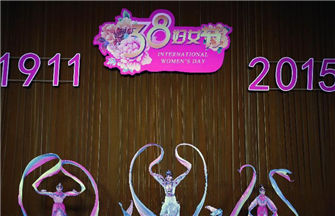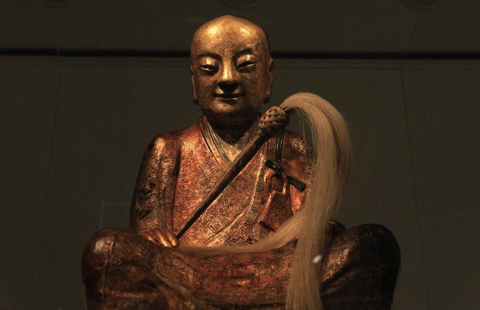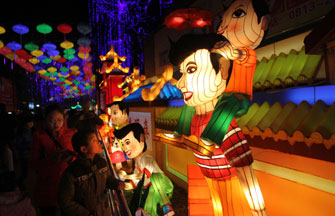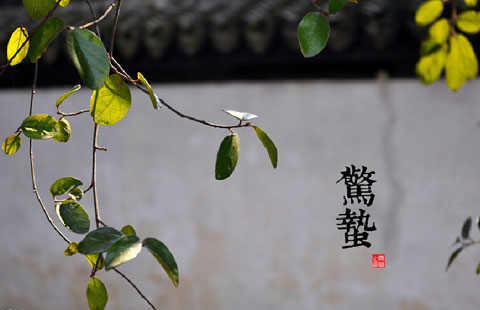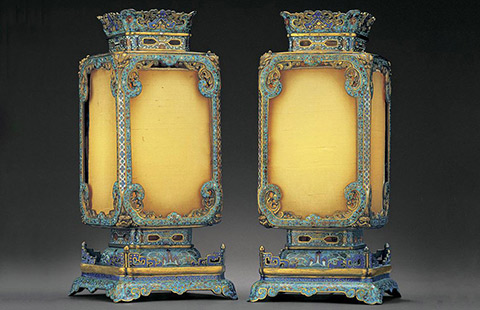Replicating K-pop
By Han Bingbin ( China Daily ) Updated: 2015-03-19 07:53:10
 |
|
Model-turned-actress Angelababy joins in the second season of the reality TV show Running Men. [Photo/CFP] |
This has led to a tenfold increase in the cost of licensing popular South Korean program formats over the past year, entertainment industry consultancy EntGroup senior analyst Feng Jun says.
The Chinese company Canxing-producer of the Voice of China series-recently licensed MBC's reality show Infinite Challenge for over 50 million yuan ($8 million).
Peng believes Chinese TV stations have propelled South Korea's program-format market.
South Korean producers had little idea of selling program concepts before 2013, he says. The first South Korean format sale in China and probably the world came when Shandong TV licensed K-Pop Star, Peng says.
"We helped draft the contract and even the bible," Peng says.
(The "bible" is the term used by European program-format brokers for the reference book that provides detailed explanations of programs' structures and instructions on how to make them.)
"Their government started to pay attention to it, and South Korean TV makers began to promote their program formats worldwide," Peng says.
The South Korean government spent $5 billion to support the export of pop-culture products and aims to double investment by 2017, National Business Daily cites CLSA Asia-Pacific Markets figures as showing.
South Korean TV stations, especially cable channels like tvN and JTBC, have been updating their programming pools, experimenting on local channels and promoting shows overseas if they prove successful, Peng says.
The other side of this phenomenon is that Chinese TV stations have been criticized for lacking originality.
Chinese TV producers are clever, quick to learn and full of ideas-but conservative senior management is less willing to take risks and prefer ideas already tested in other markets, Kim Gordon says.
The former BBC producer is the founder of the TV production-training company Imaginement China. The company trains producers from leading Chinese broad-casters such as Hunan TV and Jiangsu TV to enhance program creativity.
Last year, the State Administration of Press, Publication, Radio, Film and Television introduced rules requiring Chinese TV stations to air no more than one licensed show a year during prime time.
The policy coupled with domestic producers' desire to create programs on their own is expected to enhance joint productions as a business model.
"Pure licensing is outdated ... the new trend will be working with South Korean expertise to produce original shows," EntGroup's Feng says.
The first attempt aired in late January, when Legend Media's Shandong TV station screened a celebrity cooking show, the production of which was joined by eight South Koreans, including photographers and script-writers.
"In the next two or three years, South Korean program producers (rather than program formats) will be very popular in China," Peng says.
|
|
|
|
|
|
|
|

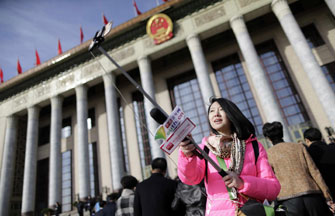
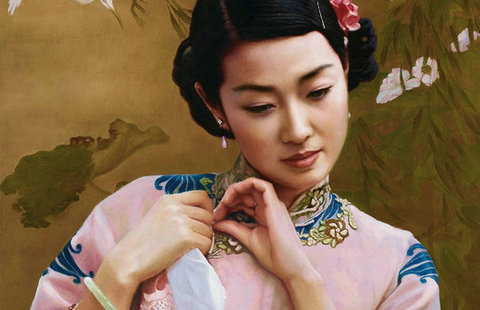
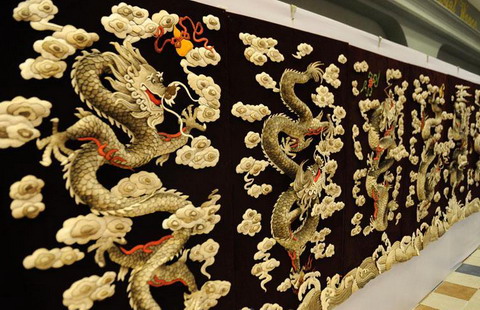
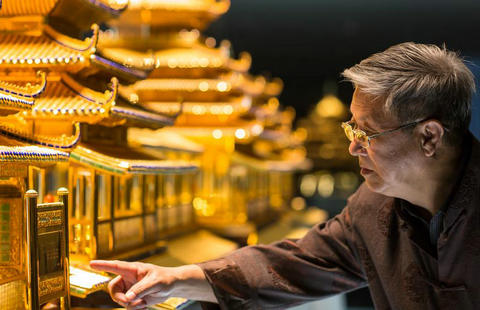
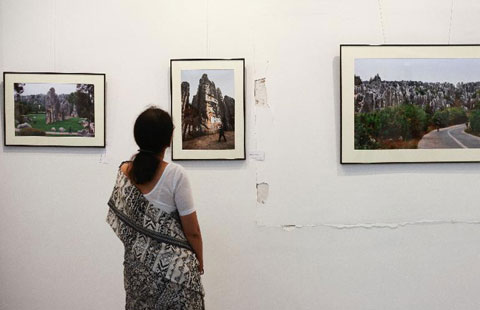
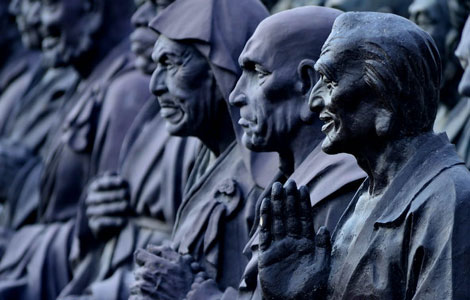
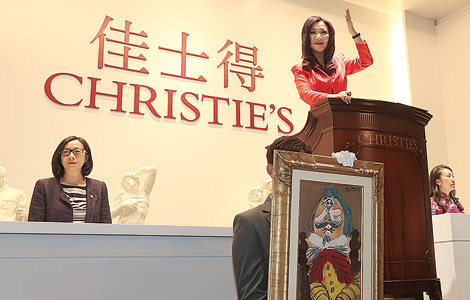







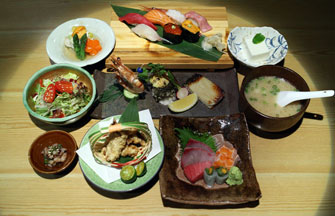





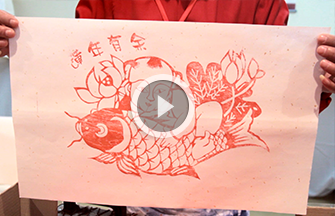
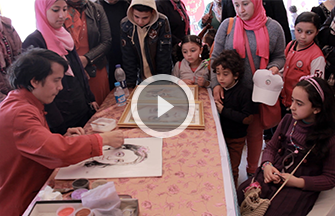
 Raymond Zhou:
Raymond Zhou: Pauline D Loh:
Pauline D Loh: Hot Pot
Hot Pot Eco China
Eco China China Dream
China Dream China Face
China Face
